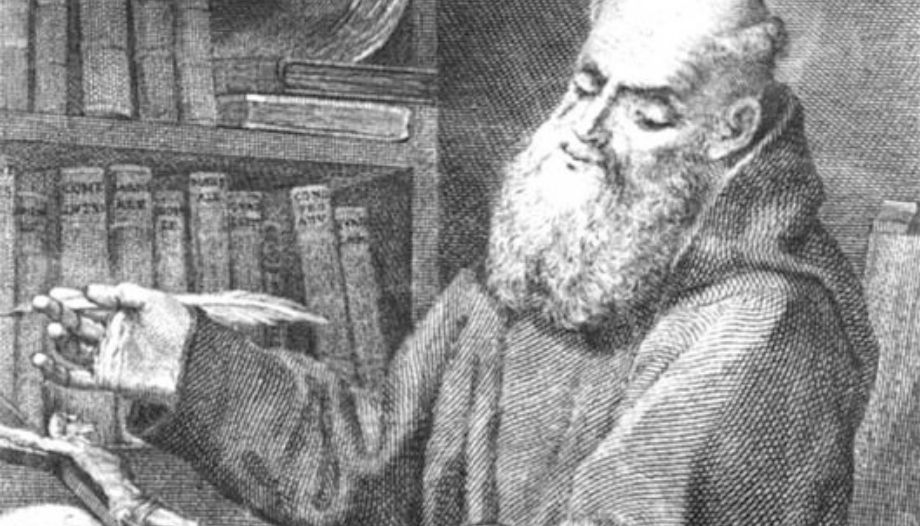The liturgy today welcomes St. Lawrence of Brindisi, who entered the Capuchin Order and studied in Padua. He was a gifted person to whom God granted extraordinary intellectual qualities, according to the Franciscan saints. An indefatigable and eloquent preacher in various European nations, teacher of his brothers, erudite writer, he also held numerous positions in his Order, including that of Minister General.
Because of his great gift, while he was a deacon, he was commissioned to preach the 40 days of Lent in the cathedral of Venice for two consecutive years. The people vibrated with emotion when they heard his sermons, and there were many conversions.
At the age of sixteen he entered the Capuchins in Verona. When he asked to be admitted, the superior warned him that it would be a life of tough and austere. The young man asked him: "Father, will there be a crucifix in my cell? "Yes, there will be," replied the superior. "That is enough for me. When I look at Christ crucified I will have the strength to suffer for love of Him any suffering". He received the name Lorenzo with the religious habit.
Simple and humble
The Roman Martyrology summarizes: "St. Lawrence of Brindisi, priest and doctor of the Church, of the Order of Friars Minor Capuchin, tireless preacher in various European nations".
"Of simple and humble character, he faithfully fulfilled all the missions entrusted to him, such as the defense of the Church against the Turks who were trying to dominate Europe, the reconciliation of warring princes and the government of his religious Order. He died in Lisbon, Portugal, on July 22, 1619". Pope Leo XIII canonized him in 1881, and St. John XXIII gave him the title of 'Apostolic Doctor' in 1959, for his profound knowledge of the Word of God.








